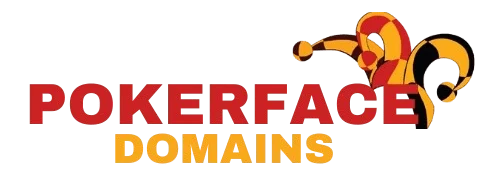When people talk about the best games of the past two decades, PlayStation titles consistently appear at the top of the list. That’s no coincidence—Sony has developed a blueprint that prioritizes quality, storytelling, and tunas4d technological innovation. Whether on a home console or a portable device like the PSP, PlayStation games have set benchmarks that competitors struggle to meet. These aren’t just games—they’re industry standards.
Sony’s approach is heavily rooted in strong first-party studios. Developers like Naughty Dog, Santa Monica Studio, and Guerrilla Games are responsible for delivering some of the most acclaimed titles in gaming history. Uncharted 4: A Thief’s End showcased blockbuster-level action paired with deep character arcs, while God of War (2018) reimagined a classic series with emotional depth and modern mechanics. These aren’t just the best PlayStation games—they’re case studies in how to evolve a franchise.
The PSP also benefited from this philosophy, albeit on a smaller scale. Though limited compared to home consoles, PSP games still maintained Sony’s high standards. Killzone: Liberation introduced tactical depth to a handheld shooter, while Syphon Filter: Logan’s Shadow brought console-level stealth gameplay into players’ hands. These weren’t just handheld fillers; they were serious titles designed with the same attention to detail and player engagement as their home-console siblings.
Today, Sony continues to follow the same blueprint with the PlayStation 5, investing heavily in exclusive titles and giving developers creative freedom. The results are clear: games like Returnal, Ratchet & Clank: Rift Apart, and Spider-Man 2 are redefining what’s possible on modern hardware. These titles continue the legacy established years ago, proving that the best games are born when creativity is backed by technical excellence and strategic vision. As the gaming world evolves, PlayStation’s formula for success remains solid—and unmatched.
